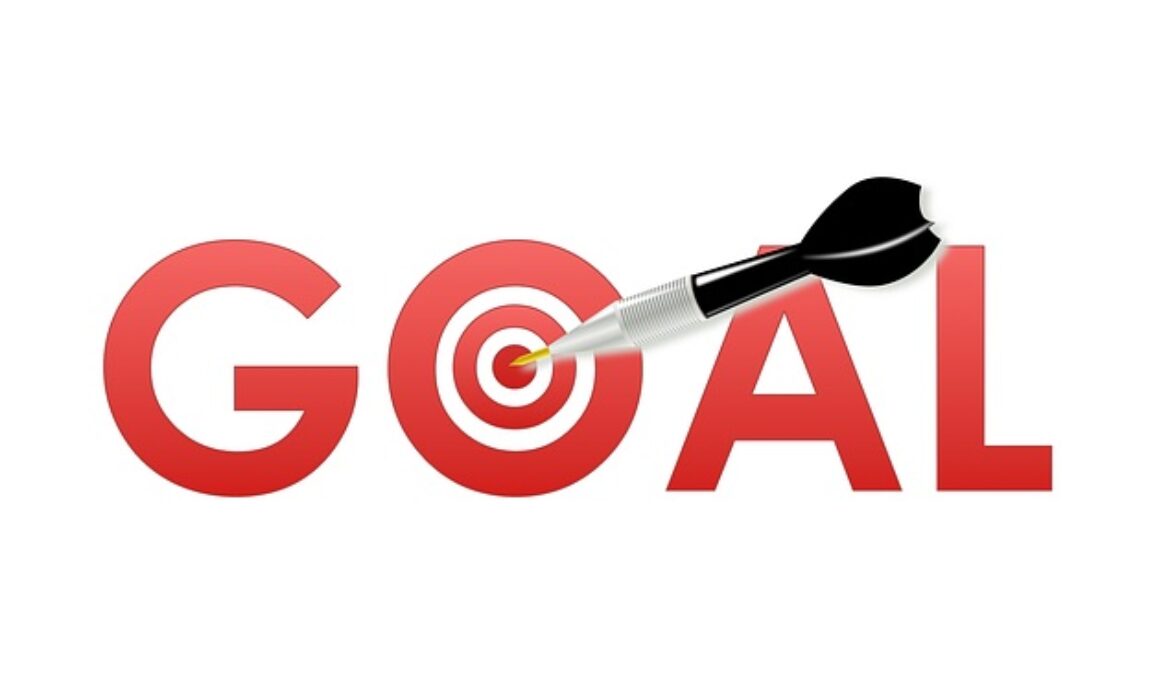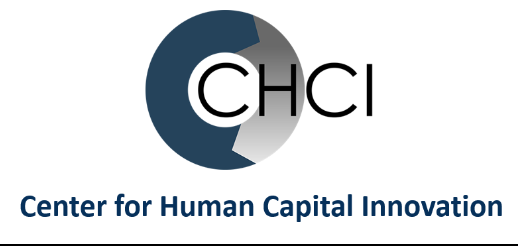
Creating Goals That Last
It’s March….the most challenging month of the year for most people. Me included. I’m ready for sunshine and being warm outside, only to be taunted by cold days and mild snow flurries. And if that wasn’t bad enough, most people’s New Year resolutions have gone by the wayside. Very depressing indeed….
I can’t help you with the weather. But I might be able to help you create goals that will last for the rest of the year. First, let’s look at the definition of an effective goal. A goal is about someone else and how they’ll feel, know and/or act differently because of actions you took. It’s not only about what you’re going to do and by when; it’s about the impact your action will have on someone else.
There are two aspects of an effective goal:
a) The goal must be value-centered
b) The goal must answer the question “so what”?
I-centered vs. Value-centered Goals
I-centered goals are tasks. Plain and simple. (“I will do X…”). When you add another task to your list, you can get overwhelmed and wonder where to begin.
Value-centered goals are fulfilling and motivating, coming from your values and purpose. When you add something to your day that is value-centered, you get excited about it because it’s coming from your core values. You want to do it right away!
Some examples of ‘I-centered’ goals would be:
- I will write 2 chapters of my book by June.
- I will have 10 clients signed up for my trip by September.
- I will have 10 coaching clients by October.
Some examples of the same goal, written with ‘value-centered’ ideas in mind would be:
- The publisher will sign a contract for my book by June, allowing me to make a difference in the reader’s life by December.
- 10 people will be inspired to change their life for the better in October because of my trip.
- By October, I will coach 10 people on how to change their destructive patterns, in a shorter period of time than they thought possible.
So what?
When you’re looking at the ‘so-what’ factor, you’re really asking yourself: ‘What’s the impact of this goal? What does someone else feel, know and/or act differently, because of actions I took?’ You’re looking at your goal from a higher level, to remind yourself why that goal is important. This is especially important when you’re tired and don’t want to take the steps to execute the goal.
So the same examples could be changed to more effective goals by asking “so what?”.
- I will finish 2 chapters of my book by June, so the publisher can sign a contract for my book by July.
- I will have 10 clients signed up for my trip by September, so that I can pay the tour guides a nice Christmas bonus ahead of time.
- I will have 10 coaching clients by October, so that my husband can work part-time and start his masters degree in November.
Now, it’s time to tie it all together into a goal that is value-centered and answers ‘so what?’.
The same examples could look like this:
- I will finish 2 chapters of my book by June, so the publisher can sign a book contract with me by July, allowing me to make a difference in the reader’s life by December.
- I will have 10 clients signed up for my trip by September, so that I can pay the tour guides a nice Christmas bonus ahead of time.
- These 10 clients will be inspired to change their life for the better in October, because of my trip.
- By October, I will coach 10 people on how to change their destructive patterns, in a shorter period of time than they thought possible, so that my husband can work part-time and start his master’s degree in November.
Now it’s your turn. Look at your goals and see if they pass the ‘so-what’ and value-centered tests. If not, add these two components to your current goals and notice how different they are. Your new goals may seem long, so feel free to shorten them. Just be sure to keep the key points in there. And now see how long it takes you to complete them. I bet these new goals will last for the rest of the year!
Leave a comment below, send us an email, or find us on Twitter.

